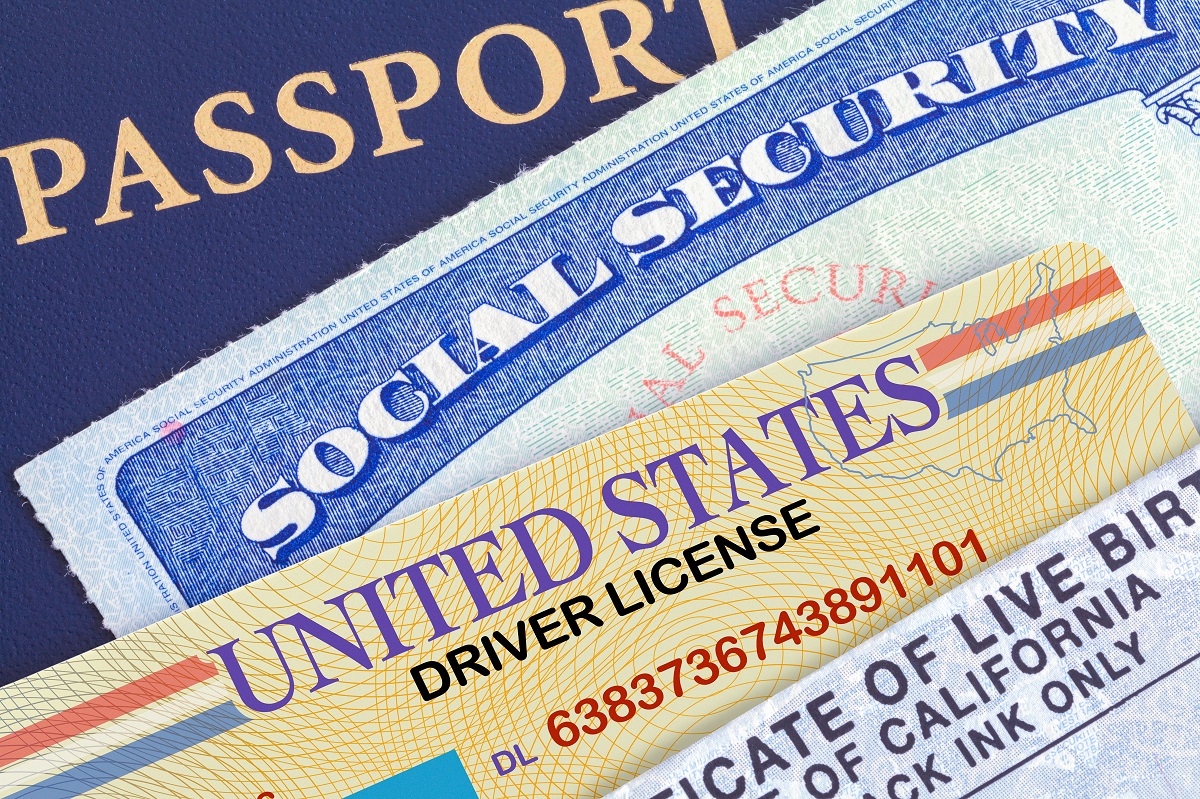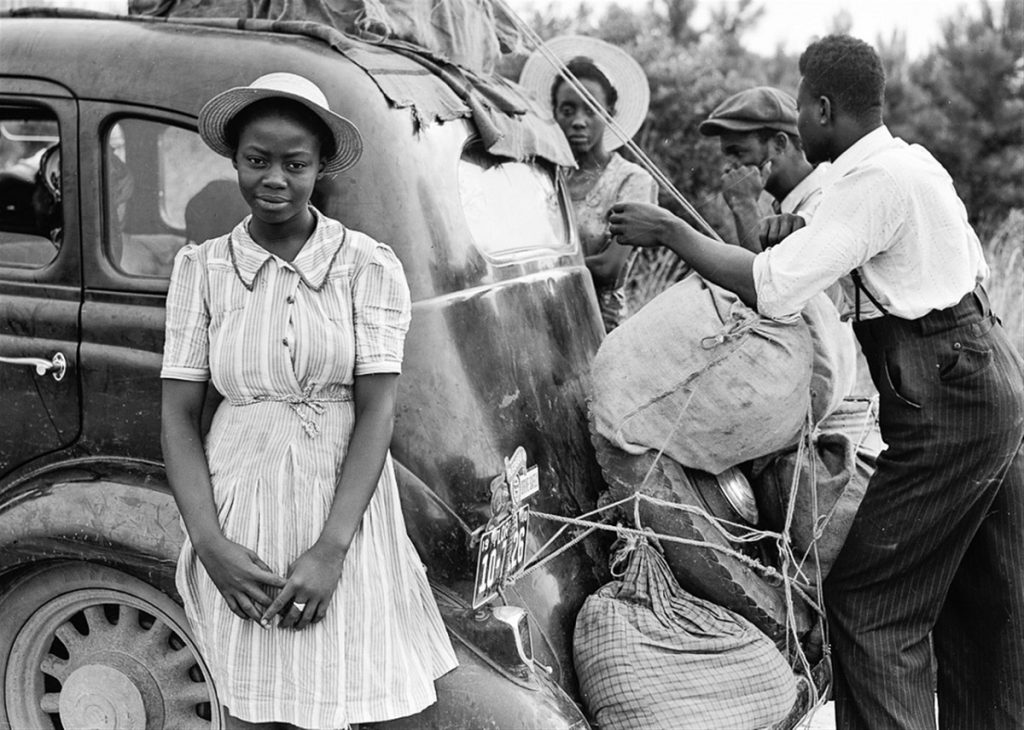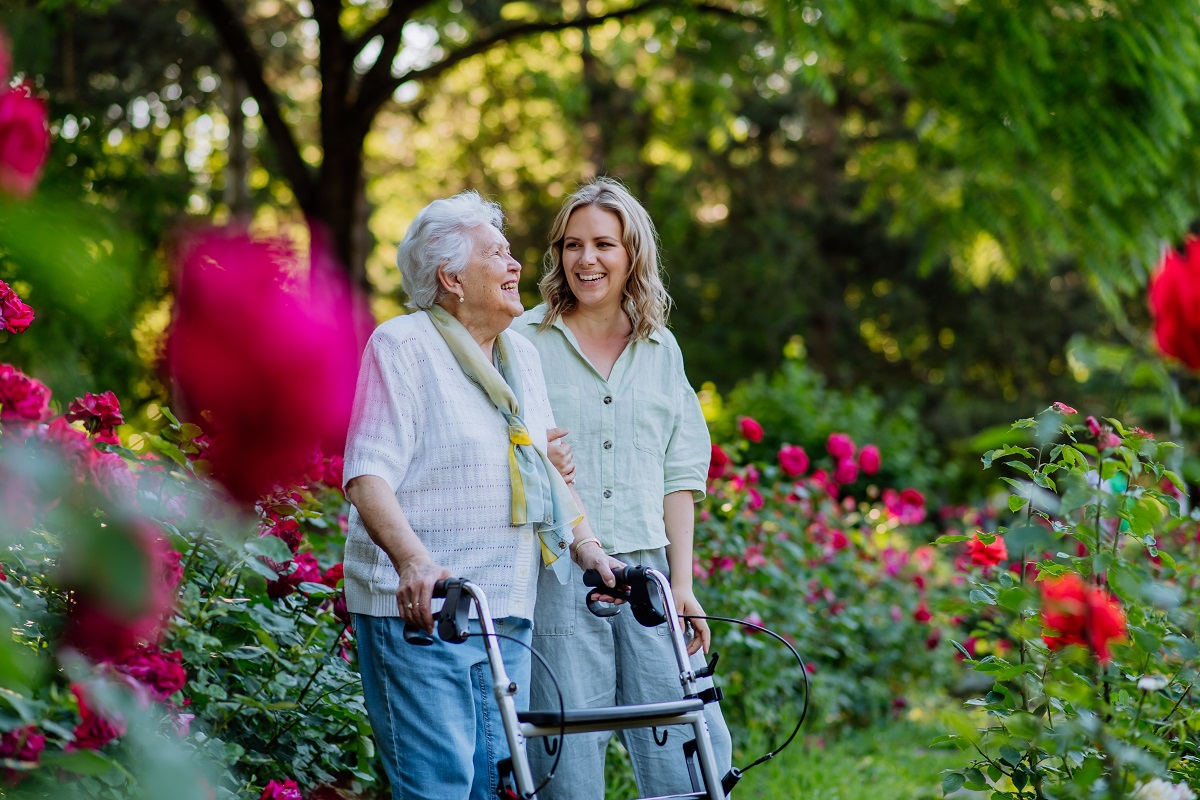Family members who are concerned with aging parents or other loved ones should ask questions about their current well-being and their future plans and preferences for their end-of-care and death. They should entertain their life stories and ask them to recount favorite memories to pass on.
Getting older can be difficult for the person it is happening to and those watching their parents, grandparents, and other loved ones age.
Older adults often feel shoved to the side, whether they are still in their own homes or a health care facility. Visiting and asking questions is one way to keep them feeling alive and connected to other people.
From the standpoint of the younger relatives and friends who interact with the senior, talking to them gives insight into what is happening now and unlocks an interesting past.
How Does Talking help An Elderly Person?
For a senior who lives alone or even lives in a facility, the time may pass slowly. The person, whose perception might be clouded by memory loss, may feel no one cares about them.

Talking helps them in several ways.
- Makes Them Feel Loved: Expressing interest in them can reinforce that someone cares about them and encourages them to open up about everyday things that concern them.
- Preserves History: Keeping the family history alive is important to your elderly family members, and it starts with asking questions and listening intently to the answers.
- Reduces Depression: Telling stories and spending time with loved ones helps older adults feel connected and valued.
- Eliminates Boredom: Talking about the past can help keep your family member engaged and feeling alive.
- Improves Self-Esteem: As people age and start to feel less valued in their life, telling stories can make them feel better about themselves.
Important Questions To Ask Old People:
How You Are Doing Now?
Older adults often get tired of well-meaning family members constantly asking how they are feeling or doing. Sitting down and having conversations about the past can give you insight into their overall health now.
In talking to them, observe the following indicators of their physical and mental health:
- Do you notice a difference in their appearance, demeanor, or mood?
- Do they have any unexplained bruises or physical issues?
- Can your loved one carry on an extensive conversation?
- Do they seem out of breath, or can they talk for hours?
- Do they lose focus?
- Do they get excited about the visit you are having?
- Does your family member start a story and then forget where they were?
- Have you noticed changes in their ability to follow a conversation?
- Do you notice a difference in their appearance or demeanor?
These things can help you pinpoint how they are doing from one visit to the next.



Difficult Conversations About End-of-Life-Care And Beyond
Visits to elderly friends and relatives need not have an agenda, but there are things to find out when you visit. Although it is a very uncomfortable conversation, most of us have had at least some thoughts about how we want to leave this world. You should be clear on the feelings of your loved one.
If they do not want extraordinary measures taken to prolong life, you need to know that. It does not have to be a long, drawn-out conversation, just one that needs to be started. Simply ask them if they have any wishes for end-of-life care.
It is also okay to ask if the person has any wishes for their own funeral, and that does not have to be a morbid conversation. You can start it like, “Mom, even though I wish you could be here forever, we both know that isn’t possible. Do you want to talk about your wishes for a funeral, visitation, and those things? We don’t have to talk about it, but I certainly want to respect your wishes.”
When the time comes that they do pass away, you will need documents such as birth certificates, marriage records, insurance policies, and receipts for cemetery lot purchases and pre-paid funerals. You need to ask as to the whereabouts of these important papers.
If your loved one has a living will, a DNR order, or other types of medical directives, you should know these things.
Historical Information About Your Family
Of course, we all realize that knowing the family medical history is important to ensure that any illnesses and preexisting conditions within the family exist. However, certain conditions occur more frequently in certain ethnic groups. Knowing about your family roots can help you keep yourself healthy and happy.

In addition, understanding family traditions can help you keep those traditions alive for generations to come. Asking questions while the elders of your family are lucid and available to help you with them will ensure you don’t have regrets down the road. This can be everything from certain foods made every Christmas to knowing that the crocheted stars on the tree were handed down through four generations.
You may be thinking that you know this information from years of being with your loved one. However, many people realize how much they don’t know about Granny, Dad, or Uncle Jim.
Understanding The Life And Times Of Your Elderly Relative Or Friend
There are so many good questions you can ask someone to understand them better. Here is a list of questions to get you started:
- What was the best day of your life?
- Who is the first person you ever loved?
- Did you have a lost love of your life?
- What is your all-time favorite movie?
- Will you share your earliest memory?
- What life experiences do you hope for your children and grandchildren to have?
- What was your favorite job? First job?
- What was your favorite car? What about your first car?
- What was your biggest dream that you achieved?
- Did you have a favorite thing as a child?
- Are there fads that, when you look back at them now, really were fun or crazy?
- As a young adult, what were your big goals for yourself?
- Have you had any nicknames I don’t know about?
- Do you want to talk about the worst thing that ever happened to you? What about the best thing?
- What life advice would you give a younger you?
- Do you have life advice for me?
- How would you like to be remembered?

Getting An Older Person Talking About Their Past
There are many great conversation starters as you get to know your loved one better. Reminiscing can be mentally and emotionally good for your parent or grandparent.
- Look at old photo albums and ask questions. The questions can be about anything from hairstyles to world events of the time.
- Work on a legacy project with them. It can be anything from a scrapbook to a recording to share with loved ones.
- Ask for advice. If you are about to get married, for example, ask grandma if she has a blue hanky to loan you, or marriage advice to give you. Asking for advice is a great way to reconnect.
- Talk about your kids, your job, your problem with an annoying neighbor. You may find that they open up about similar things in their life.

